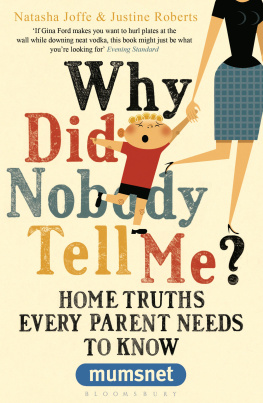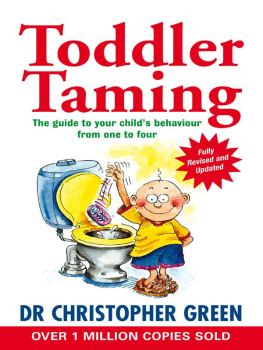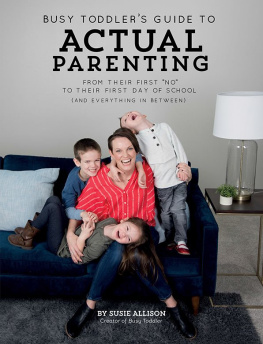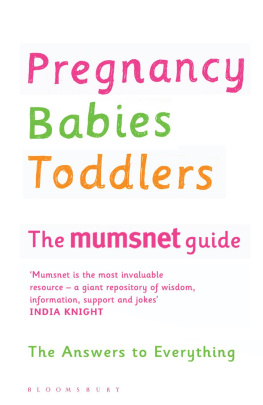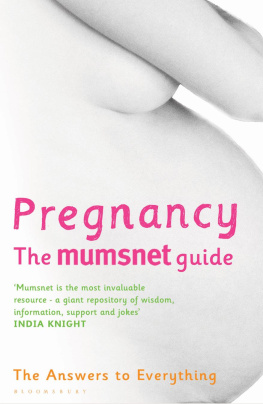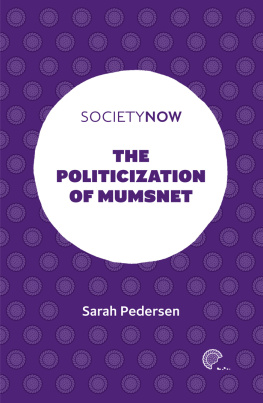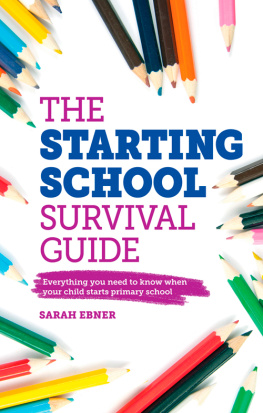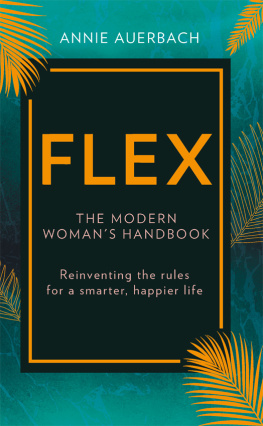Pregnancy: The Mumsnet Guide
Babies: The Mumsnet Guide
Toddlers: The Mumsnet Guide
OR: A POTATO IS ACTUALLY A TUBER, ANDROCLES.
This is perhaps a speciality of parents of preschoolers in public places. It often takes the form of a didactic monologue:
Oh look, Ella, what are the duckies doing? Are they SWIMMING? Yes they ARE! And WHAT do we call the duckies mouths? Yes, their BEAKS! And what is beak in FRENCH? And what species is the duck? And what about the duckies FEET? What, why is that duckie chasing that other duckie? Oh, look, its on its back, yes, youre right, maybe its being unkind. Hmm. Shall we look at these SQUIRRELS instead... etc.
Or worse reading a book REALLY LOUDLY to a kid on a train. No need to shout the kid is on your lap.
( MrsShu )
Or the loud parenting may have a more exculpatory character, the voice going higher-pitched but not shouty as the mother of the tantrumming toddler explains the reasons why she is not giving in to the toddlers demands, allegedly to the toddler but patently for the benefit of surrounding shoppers (ah, weve all done that). Also common: Yes, you can have that one sweetie, as a SPECIAL TREAT. Then you will be having lots of lovely free-range organic broccoli later for supper, wont you? Sometimes people use their children, usually ineffectually, to advertise their credentials:
I overheard a woman in the supermarket recently doing this kind of thing with her around three-year-old.
The child asked for tomatoes and picked some up, the Mum said, Oh no, we dont have those unless they are in season, really loudly. The daughter replied, But Mum, we have them every week. I actually sniggered at her, and wandered off with my out of season fruit and veg.
( muggglewump )
There are some enormous caveats here. Obviously it is a good thing to chat to small children about the world around them, to speak clearly enough for them to understand, to help them acquire new words and concepts. You should be teaching them things. And you should of course praise them for learning things. But if you are doing it very effortfully and continuously, you may want to reflect on what you are up to. Are you just filling the silence? Who is your real audience?
What you want to avoid is:
Creating the impression you are simply displaying your children and/or your parenting skills for the admiration of others. You will just piss people off. You may not care thats fair enough too. Here are real-life examples:
Oh darling whats your favourite ice-cream?
Mumble.
Sorbet? You like SORBET? And which is your favourite? Is it that one we had last week, darling?
Mumble.
BASIL AND LIME SORBET? Is that your favourite? BASIL AND LIIIIIME?
Mumble.
Mmmmm YUMMY Basil and Lime SORRRRBET.
And so on. Forced upon my ears on bus recently.
( DebiNewberry )
There was a woman in the library the other day helping her son (who looked barely out of nappies) choose a book. He picked up an early reader which she quickly put back whilst shouting, Oh no, Jasper, you can read in the 912 age range, that is much too easy for you then takes a smug look around the room to check everyone heard.
(Kneazle )
And frankly, as we mostly all find, the showing off generally backfires:
I learnt my lesson many years ago when my son was very young. He could name every plant in my garden and I thought he was nothing short of a genius. One day at a market flower stall, I pointed to a plant and asked him to name it (yes, to my utter shame, I admit I was showing off). He very loudly stated Fish Finger. Taught me a valuable lesson.
(LivedinLooks )
I think the key is to have a little volume control. Thats all.
(Rollergirl1 )
Monologising at your child endlessly. Weve all been there. It can be lonely being alone with a very small child. But sometimes they too just want to think their own thoughts or poke at an ant. Its about balance, innit. Or there is really desperate loud parenting where the child doesnt even get a chance to reply before the Loud Parent is calling the childs attention to another natural phenomenon or telling them what sub-genus the dandelion they are chewing is from. If your child says, Could you please be quiet, Mummy?, she probably needs some peace.
Competitive disciplining. This usually happens when your child has bitten off another childs ear at soft play. To dissipate the understandable social tension created, you loudly discipline your child in a possibly inappropriate and baffling way. This can sometimes be necessary to stop another parent from hitting you but may not serve any useful purposes vis--vis your own child.
But there is a possibly not wholly contradictory counter-argument here dont rush to judge other peoples loud parenting. You dont know whether what they are doing works with their child and you cannot really know their circumstances:
I parent loudly, I think. I have a son with special needs and a one-year-old daughter so they both need lots of organising and back-and-forth interaction.
( ApassionateWoman )
I do this all the time with my daughter, but she is profoundly deaf with significant speech delay. Im not sure if you could tell the difference; colours, numbers and nouns are all emphasised in my speech to make sure that she understands, from physical appearances were just a mother and daughter sitting on a park bench loudly discussing bananas, do I need to wear a badge?
( hatchypom )
The woman you may think is looking round to garner the applause of other supermarket shoppers as she loudly trills the Wheels on the Bus to the red-faced toddler sitting like an unexploded bomb in her trolley may in fact be peering round fearfully to see if she is pissing everyone else off. The woman chattering away to a newborn who is frankly asleep is postnatal and nuts. Be kind to her. The dad sub-variant of loud parenting is often done to reassure women in the vicinity that yes, he does know what he is doing. Pity is often the humane response here. And the sprightly witterings of a trying-too-hard parent are clearly better than the shut the f*** ups of a parent who isnt trying at all.
And of course, some small children themselves are loud and loquacious in public places and given to boring on in the supermarket about how they threw up that time in the swimming pool and everyone had to get out and there were bits of sausage in it... And what is a parent to do but join them?
Words, words, words. They are all just words. And most adults use them at least some of the time. You may feel very strongly about children swearing, you may feel unfussed about it. Or you may struggle to think why children shouldnt do it when you do it yourself.
Given the fact that children have to live in society and be judged within it, we recommend what you could call hypocrisy or, putting some perfectly fair positive spin on it, age-appropriate language. Swearing, like drink and sex is for adults. This is why:
Aesthetics
Some people do find it funny when a two-year-old struggling to dress a dolly says fug it. Other people purse their mouths up to the point of invisibility. Fine, the world is capacious enough to contain us all and our divergently mature senses of humour.
But almost no one finds it amusing or attractive when a seven-year-old tells his sister to fuck of f in anger. So if it is ugly in an older child, it has to be squished in a younger child.
I love swearing and have a mouth like a navvy when not with my children BUT I hate hearing children swear. I remember cooing over an angelic-looking little lad who was about three or four years old years ago and he turned round and said, Eff off you fat bitch, which was awful, gawd I was two sizes smaller then as well. It just sounds so wrong.
( lizzlyLou )
Inability to use appropriately
Next page
